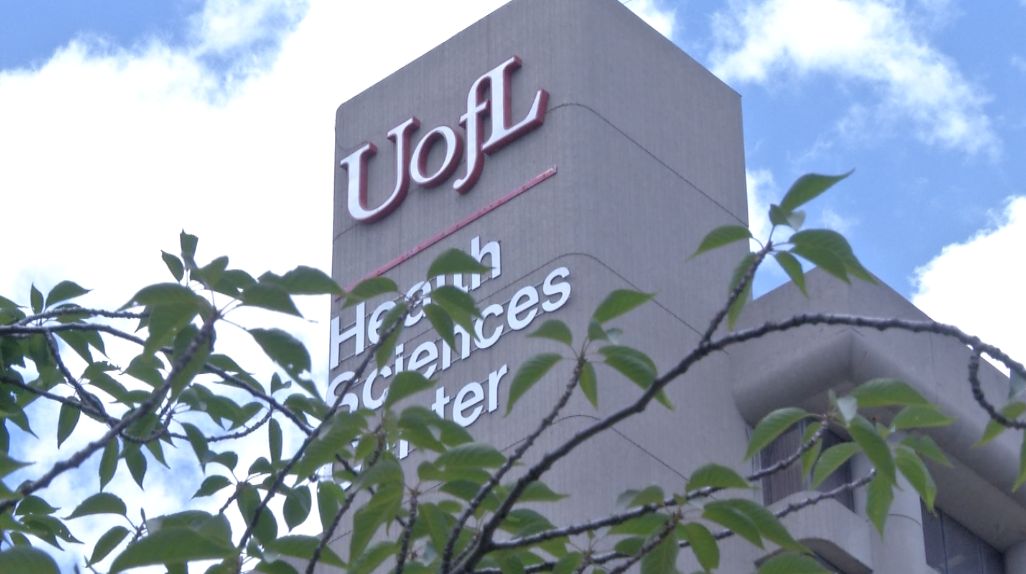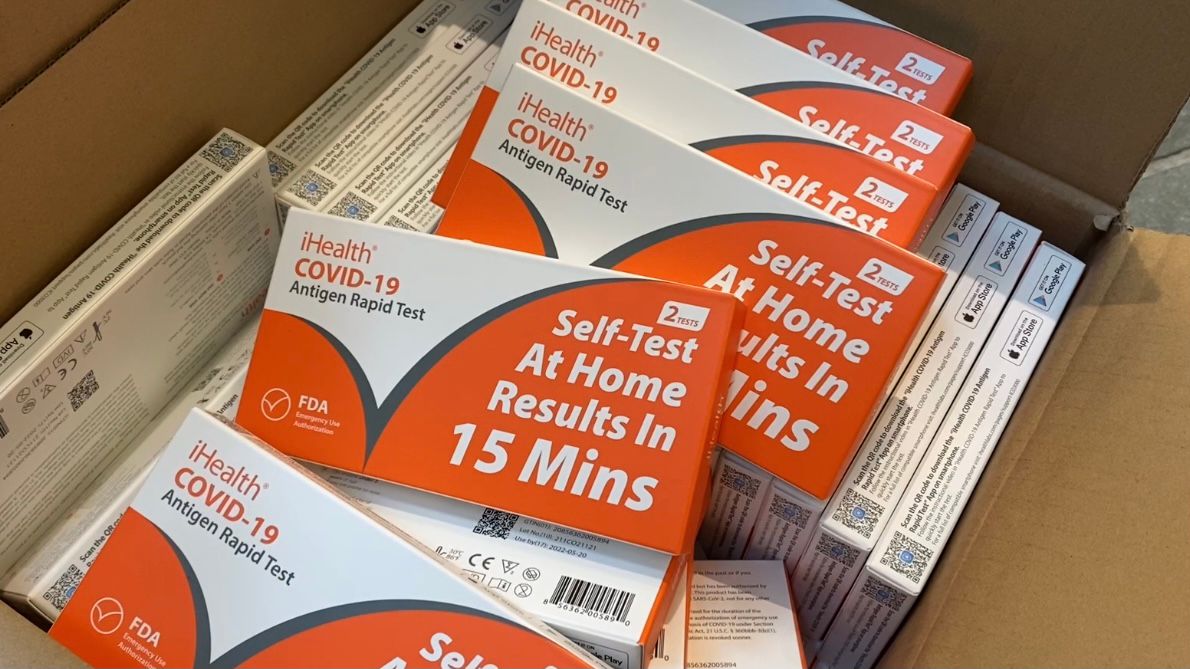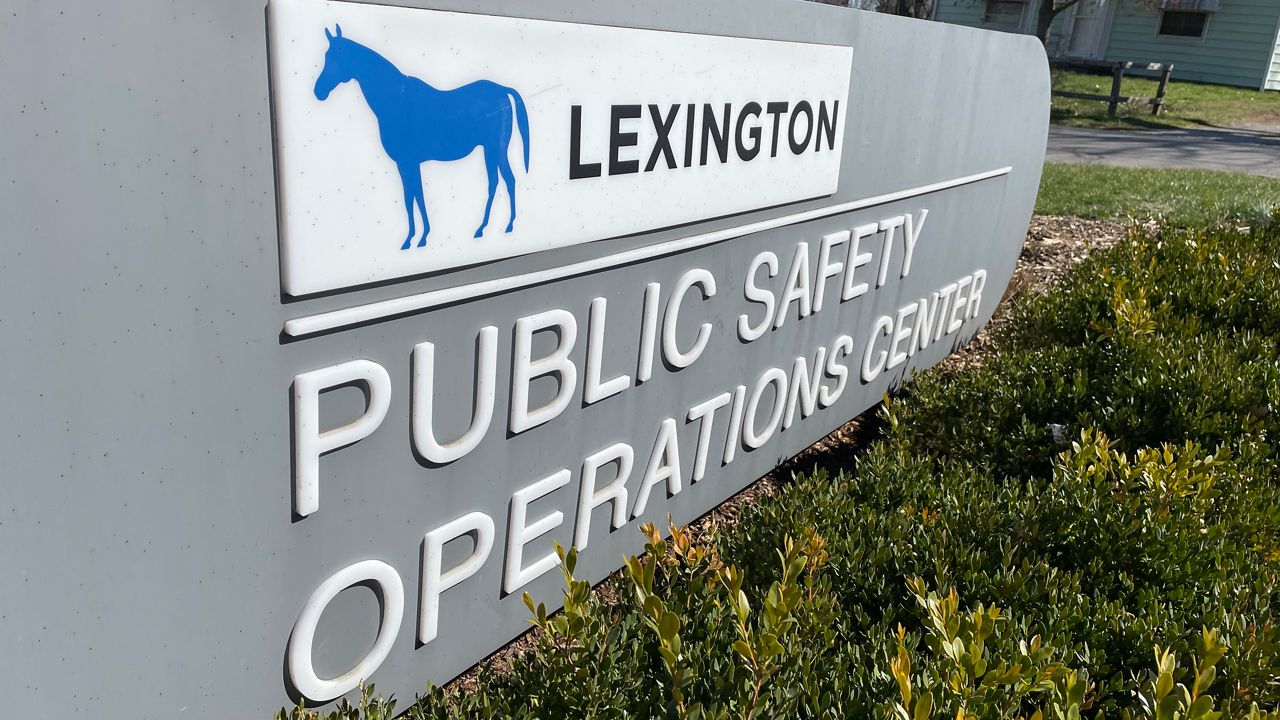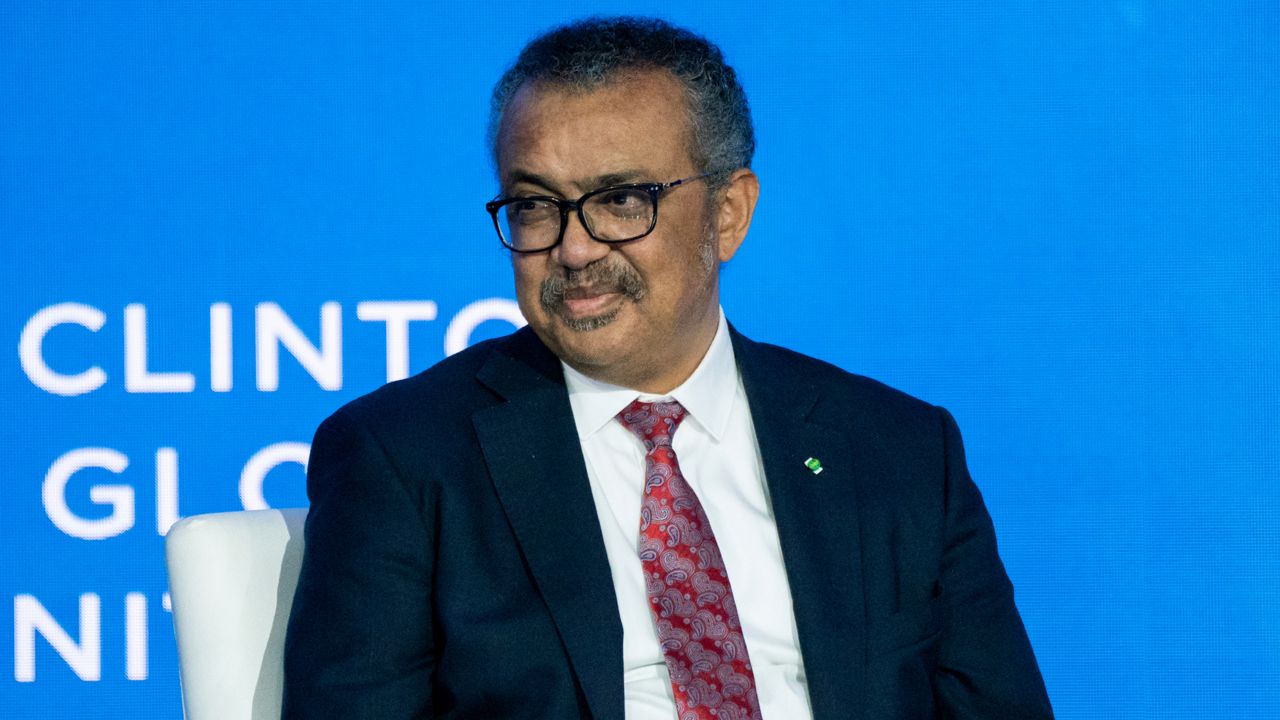LOUISVILLE, Ky. — Gary Borland, a 72-year-old Nelson County man, was scheduled for surgery at UofL Health to treat stage four colon cancer when his wife, Jo Yates, received a call last week.
“We were told it would be rescheduled, but they didn’t have a date because there’s no way of predicting when the hospitals will have capacity,” Yates said.
Their experience is an increasingly common one as Kentucky hospitals reach a record high of hospitalized COVID-19 patients. As of Monday, there were 2,198 COVID-19 patients in Kentucky hospitals, with 615 of them in the ICU.
“The level of cases are overrunning our hospitals,” Gov. Andy Beshear said Monday. “We are living in a reality where some COVID patients that are sick are being treated in their cars when there isn’t room for them inside the ER or in the hospital.”
UofL Health currently has 160 COVID-19 patients in its hospitals, more than at any point in the pandemic. Spokesperson David McArthur told Spectrum News 1 that “the delay of some procedures is necessary to ensure the safety of all patients.”
“We acknowledge the recent procedure delays are particularly heartbreaking because they are avoidable if more of our unvaccinated population got vaccinated,” he said. According to the state, 91% of people hospitalized with COVID-19 are unvaccinated.
That point is not lost on Borland and Yates, who are making a call for Kentucky’s hospitals to dramatically change how they treat unvaccinated COVID-19 patients.
“Unvaccinated COVID patients should not be allowed hospital admission because it creates a problem with getting care to people who need surgery, or might have had a stroke, or have a plethora of health problems that can only be treated in a hospital setting,” Yates said. Instead, she said, hospital administrators and elected officials need to “determine another resource” for unvaccinated COVID-19 patients
“Those people who are unvaccinated bear the responsibility for their choices, not my husband,” she said.
After Borland’s surgery was “indefinitely delayed” last week, Yates said his doctor called to pass along a message that frustrated her further. Even if there was space available at the hospital, Borland’s doctor did not want him in the operating room. Given the possibility of COVID-19 spreading in the hospital, “he did not feel it was a safe environment for a cancer patient,” Yates said.
Borland’s cancer diagnosis, which came several months ago, was a surprise. During last summer’s quarantine, he and Yates were “very cautious” about COVID-19, she said. They took 15-mile bike rides several times a week and were eager to get vaccinated when the opportunity arose.
But during routine screenings in April, doctors found that Borland had colon cancer, which had spread to his liver. “The treatment plan was for him to get eight chemotherapy treatments to kill the cancer cells and then to get surgery,” Yates said.
With the surgery delayed, Borland is now back in chemotherapy, leaving him with extreme fatigue and brain fog. Yates said he will also reach the maximum benefit of chemotherapy soon, at which point he’ll need to have the surgery doctors recommended weeks ago.
“Is there going to be a bed and is it going to be in a safe environment?” she asked. “Or are they going to continue this unfair triage system of admitting unvaccinated COVID patients instead of people who have cancer or strokes?”









